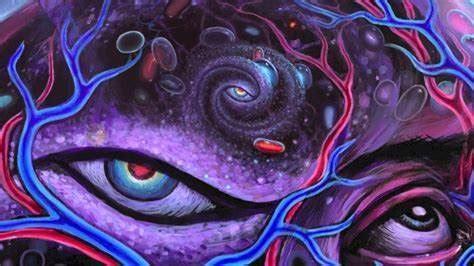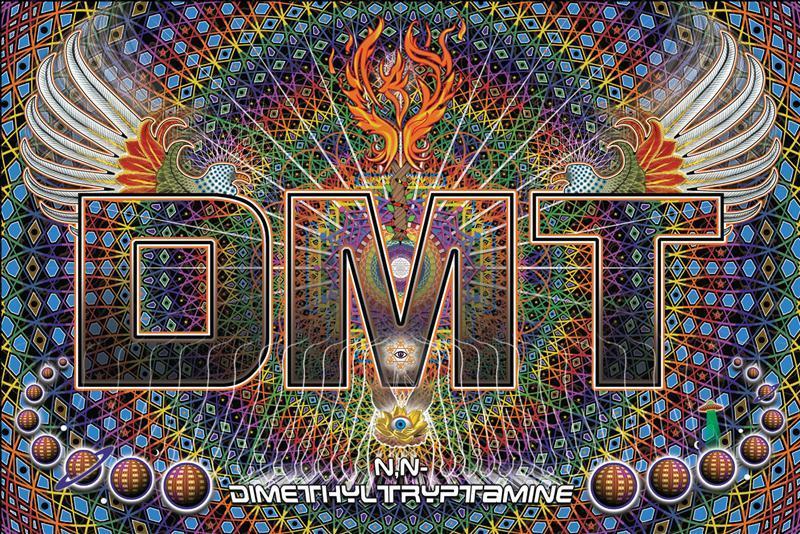Medical potential of DMT

If you are the one who is interested in the psychedelic world and its potential therapeutic benefits, then you must have heard of dimethyltryptamine also known as DMT. Over the years, this substance has gained a reputation as one of the most potent natural psychedelics that can lead to some of the most intense trips you can ever imagine. However, beyond the psychedelic effects, DMT also has tremendous medical potential that could revolutionize the field of mental health care.
Research on DMT’s potential in medicine and mental illness treatment
A growing body of scientific research is finding that DMT could have a significant impact on mental health care, including treating depression, anxiety, and addiction. Research suggests that dimethyltryptamine may have antidepressant, anxiolytic, and anti-addictive effects, which means it could be a promising treatment for people with depression, anxiety, addiction, and PTSD.
Studies suggest that DMT can promote neuroplasticity, which is the brain’s ability to form new synapses and change its structure based on experience. This effect may explain why some users report having life-changing experiences while using DMT, as it may help them to confront and overcome underlying psychological issues.
The University of California found that DMT could reduce symptoms of depression and anxiety in patients with advanced-stage cancer. Another study, published in the Journal of Psychoactive Drugs, found that dimethyltryptamine could be beneficial for people with addiction. The study followed 14 patients who received DMT-assisted therapy for addiction to tobacco or alcohol. Of those patients, 12 reported a decrease in their substance use after treatment.
DMT & depression

Dimethyltryptamine has the potential to alleviate depression by increasing the levels of serotonin in the brain. DMT achieves this by binding to the 5-HT receptors in the brain that are responsible for the release of serotonin.
Serotonin is a neurotransmitter that plays a critical role in regulating mood, appetite, and sleep, and low levels of serotonin are often linked to depression. Nowdays this theory is very popular, but we should mention that not all researchers support it.
Depression is one of the most prevalent mental health illnesses in the world, and finding an effective treatment has been a long-standing challenge. One study conducted at the Imperial College of London found that DMT can help people with depression by decreasing activity in the default mode network of the brain, which is often overactive in people with the condition. Another study found that DMT can reduce depressive symptoms and increase quality of life in people with treatment-resistant depression. Similarly, researchers are exploring the use of DMT in addiction treatment, as it has been shown to reduce cravings and increase motivation to quit.
Future research directions

The use of DMT for medical purposes is a rapidly evolving field of investigation. While more research is needed to fully understand its potential, early results suggest that DMT could have therapeutic benefits for a variety of conditions, including depression, addiction, and PTSD.
Future research could also explore the underlying mechanisms of DMT’s effects on the brain, including its potential to promote neuroplasticity and enhance brain connectivity. Additionally, further investigation into the spiritual and mystical experiences that DMT can induce could shed light on the nature of human consciousness.
However, there are currently several ongoing research projects that are investigating the therapeutic potential of DMT. For example, the Multidisciplinary Association for Psychedelic Studies (MAPS) is conducting a clinical trial of DMT-assisted therapy for people with treatment-resistant depression. Another project, led by researchers at Imperial College London, is investigating the use of DMT for treating migraines.
As you can see, dimethyltryptamine’s researches are still relevance. That shows medical potential of DMT and in the near future we may see widespread use of this substance in medicine.

